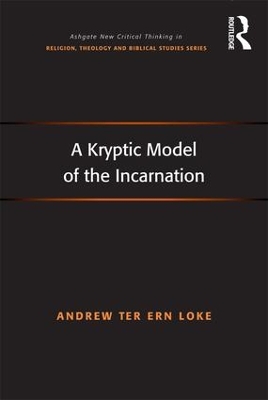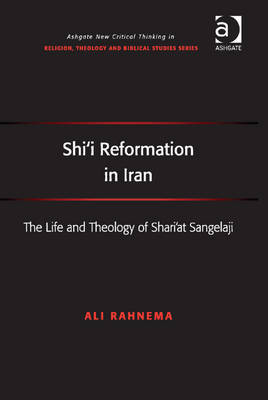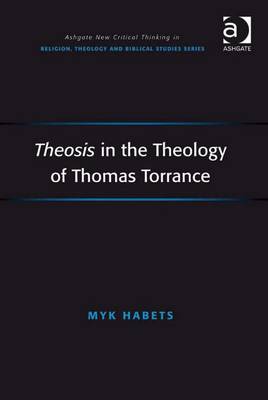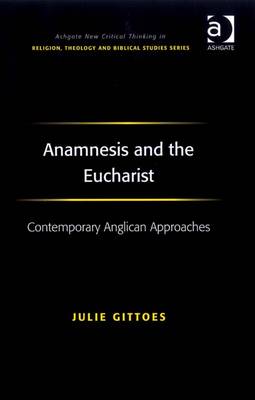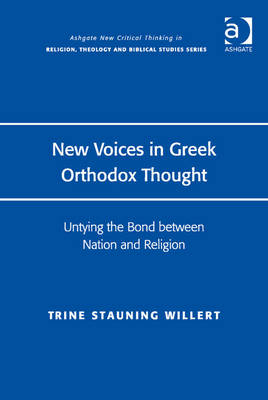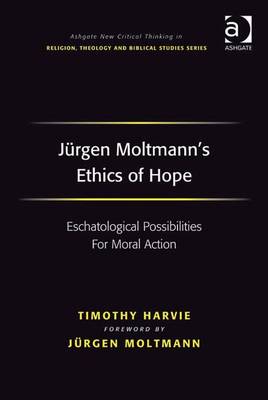Ashgate New Critical Thinking in Religion, Theology and Biblical Studies
6 total works
Shi'i Reformation in Iran
Shi 'ism caught the attention of the world as Iran experienced her revolution in 1979 and was subsequently cast in the mold of a monolithic discourse of radical political Islam. The spokespersons of Shi'i Islam, in or out of power, have not been the sole representatives of the faith. Nonconformist and uncompromising, the Shi`i jurist and reformist Shari'at Sangelaji (1891-1944) challenged certain popular Shi`i beliefs and the mainstream clerical establishment, guarding and propagating it. In Shi'i Reformation in Iran, Ali Rahnema offers a fresh understanding of Sangelaji's reformist discourse from a theological standpoint, and takes readers into the heart of the key religious debates in Iran in the 1940s. Exploring Sangelaji's life, theological position and disputations, Rahnema demonstrates that far from being change resistant, debates around why and how to reform the faith have long been at the heart of Shi'i Islam.
Drawing on the writings and sermons of Sangelaji, as well as interviews with his son, the book provides a detailed and comprehensive introduction to the reformist's ideas. As such it offers scholars of religion and Middle Eastern politics alike a penetrating insight into the impact that these ideas have had on Shi'ism - an impact which is still felt today.
Theosis in the Theology of Thomas Torrance
Torrance's vision of Theosis (deification/divinisation) is explored through his doctrine of creation and anthropology, his characterisation of the incarnation, his accounts of reconciliation and union with Christ, and his theology of church and sacraments. Myk Habets' study distinguishes Torrance's Reformed vision of theosis from other possible accounts of salvation as divinisation as they are found, for instance, within patristic thought and Eastern Orthodoxy.
This book presents the first critique of the theology of T.F.Torrance to focus on theosis, and examines a model of theosis within the realm of reformed theology built upon Western theology.
Anamnesis and the Eucharist
Engaging with contemporary Anglican theology of the Eucharist through the concept of anamnesis, this book seeks to enrich the Church's understanding of transformation and mission. Eucharistic theology finds its place in the midst of much contemporary Anglican theology but little attention has been given to the interrelationship between mission and the Eucharist. Julie Gittoes engages with the work of David Ford, Rowan Williams and Catherine Pickstock who share a common concern to engage with the way in which the Eucharist shapes the life of the worshipping community as the body of Christ.
Focusing on the concept of anamnesis (remembrance or memorial), Gittoes highlights a language of connection in the way in which anamnesis describes the integration of historical, sacramental and ecclesial embodiments of Christ. The Eucharist looks back to the saving events of Christ's life, death and resurrection; through it the Church is nourished with the body of Christ; participating in it anticipates the eschatological fulfilment of the Kingdom. This book explores the connection between the source event of the Church's life and the transformative encounter with Christ in the Eucharist, the effects of which are seen in social/ethical/political action and the Church's mission.
New Voices in Greek Orthodox Thought brings to the light and discusses a strand in contemporary Greek public debate that is often overlooked, namely progressive religious actors of a western orientation. International - and Greek - media tend to focus on the extreme views and to categorise positions in the public debate along well known dichotomies such as traditionalists vs. modernsers.
Demonstrating that in late modernity, parallel to rising nationalisms, there is a shift towards religious communities becoming the central axis for cultural organization and progressive thinking, the book presents Greece as a case study based on empirical field data from contemporary theology and religious education, and makes a unique contribution to ongoing debates about the public role of religion in contemporary Europe.
Jurgen Moltmann's Ethics of Hope
This book develops a thorough account of the sphere of human moral action in sustained dialogue with Jurgen Moltmann. By examining God's role as promise-giver, particularly in the Christian understanding of resurrection, this work describes the occupancy of both history and space in moral terms. This leads to an understanding of Jesus' description of 'the kingdom of God' to feature prominently in describing both the possibility and content of human moral action. By offering an account of each of the main doctrines found in Moltmann's corpus - the role of the future, the Trinity, the Holy Spirit, and anthropology - this book locates how each contributes to the understanding of ethics from a Christian perspective and subsequently applies these findings to the contemporary issue of poverty and global economics.
